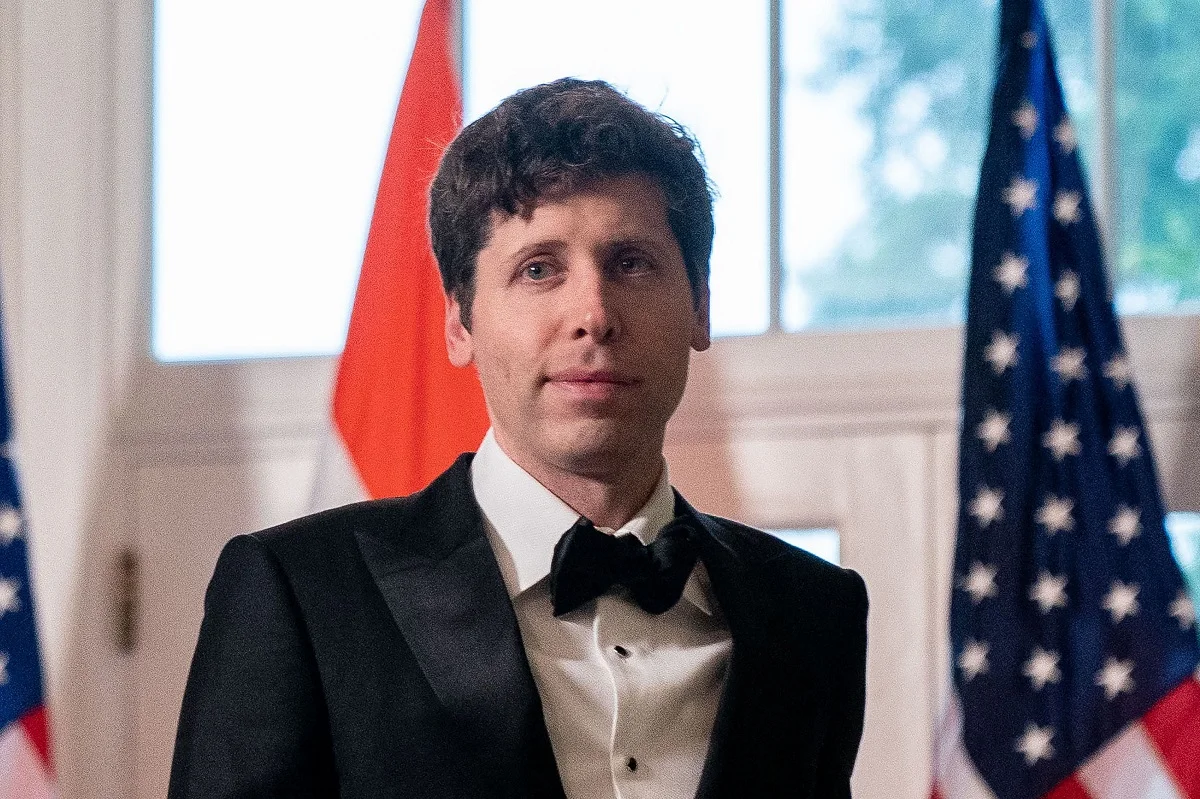
OpenAI has raised $6.6 billion in its latest funding round, valuing the company at $157 billion. Thrive Capital, a key investor in OpenAI, led the round, with contributions from major companies like Microsoft, Nvidia, SoftBank, and several investment firms, according to details confirmed by CNBC and Crunchbase.
This round significantly boosts OpenAI’s previous valuation of $80 billion earlier in 2024, which itself was a sharp rise from $29 billion in 2023. The company, which has now raised $17.9 billion in total, continues to lead the artificial intelligence space with its popular generative AI tool, ChatGPT.
Thrive Capital Leads Round
Thrive Capital invested around $1.3 billion in this round, with an option to contribute up to $1 billion more by 2025. Other participants included Microsoft, which reportedly invested close to $1 billion, while Nvidia contributed $100 million, and SoftBank put in $500 million, according to reports from The Wall Street Journal and other sources. OpenAI stated that this new funding would help the company expand its research in AI, increase computing power, and create tools to address complex challenges.
In an official blog post, OpenAI thanked its investors for their confidence and outlined its intent to collaborate with partners and the broader AI community to shape the future of AI-powered ecosystems. Despite the round’s announcement, reports surfaced that OpenAI had urged its investors to avoid backing competing startups, such as Anthropic and Elon Musk’s xAI, which are also vying for leadership in the AI field.
Rising Costs and Growing Competition
The company’s operational scale is massive. According to The Information, OpenAI has spent approximately $7 billion to train its models and another $1.5 billion on staffing. ChatGPT alone was once costing OpenAI $700,000 per day to operate. The company’s growth has also been reflected in its revenue, with $300 million earned last month, marking a 1,700% increase since last year. OpenAI projects its revenue will hit $11.6 billion by 2025 and possibly $100 billion by 2029.
OpenAI’s ChatGPT now has over 250 million weekly active users, including 10 million paying subscribers. The company has developed strong partnerships, most notably with Microsoft, which has invested close to $14 billion in OpenAI and integrated its AI models into a range of products. Apple has also adopted OpenAI’s technology within its own AI systems.
Despite its dominant position, OpenAI faces growing competition. Companies such as Anthropic, Cohere, and Mistral are securing large investments, while firms like Runway and Luma Labs have launched advanced video generation models ahead of OpenAI’s own video model, Sora, which is set to launch later this year. Major tech companies like Google, Amazon, and Meta are also increasing their investments in AI infrastructure, adding further pressure on OpenAI.
Potential Shift to For-Profit Structure
OpenAI has signaled a potential shift in its business structure. Reports suggest that the company might move from its current nonprofit governance model to a for-profit system, which could provide more flexibility for raising funds and making large-scale investments. This restructuring could also involve CEO Sam Altman receiving equity, though no specific details have been confirmed. According to Bloomberg, some investors in the recent funding round have the option to pull out their investments if OpenAI doesn’t transition to a for-profit model within two years.
This change could enable OpenAI to explore high-cost projects such as developing its own AI chips or data centers to reduce dependence on Nvidia, which currently provides the hardware for training its AI models. The new capital could also help the company secure licensing agreements with data providers like Reddit and Condé Nast, potentially shielding it from intellectual property disputes.
Amid these developments, OpenAI has faced internal challenges. Key executives, including CTO Mira Murati, research chief Bob McGrew, and VP Barret Zoph, recently announced their resignations. Other high-profile exits earlier this year included co-founder and former chief scientist Ilya Sutskever, research scientist Andrej Karpathy, and several other founding members. Currently, only three of the 13 original OpenAI founders remain at the company.
Featured Image courtesy of STEFANI REYNOLDS/AFP via Getty Images
Follow us for more tech news updates.
